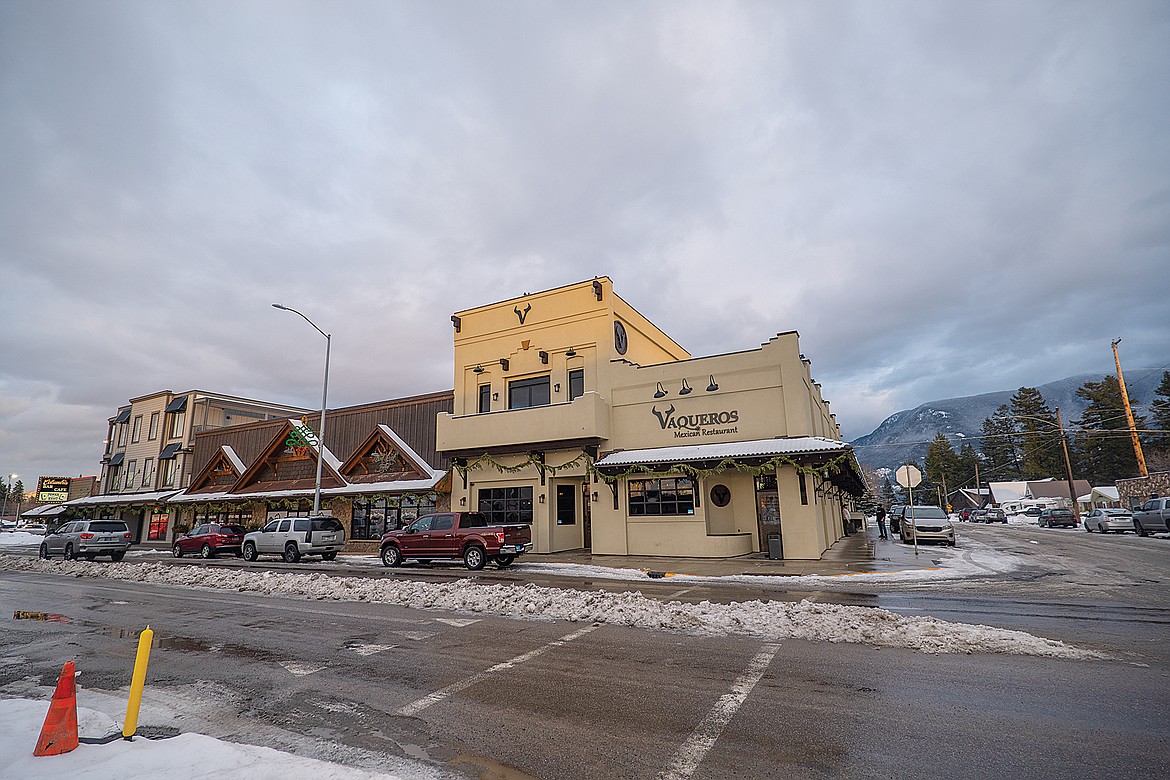Resort tax paying dividends; city looks to boost fire department
By CHRIS PETERSON
Hungry Horse News
The Columbia Falls resort tax has already added about $100,000 to the city’s coffers, city manager Susan Nicosia told council last week.
Perhaps most interesting is how marijuana businesses in town pay the tax. Because marijuana is still considered illegal by the federal government, it’s a cash business.
Marijuana sales, however, are subject to the 3% resort tax, so in order to pay, they pay their taxes in cash, Nicosia noted.
The city has no problem taking cash payments.
Businesses are reminded that even if they have no revenue in a quarter, they’re still required to submit a form to the city showing they had no sales.
This applies primarily to vacation rentals, as occupancy in Columbia Falls drops off with most rentals in the winter months.
There’s still some quirks in the resort tax.
For example, people have reported that when they order something from Walgreens, which is outside the city limits, they’re being charged the tax for certain goods in error, though it isn’t clear whether the city is actually getting any payment from the store.
Target also shows the tax being applied to an order, until one actually pays, then it disappears, customers have noted.
Fifty-five percent of the funds raised by the tax are slated for public safety, 25% toward a property tax rebate for city landowners, 14% toward public infrastructure, 5% back to businesses for the cost of collecting the tax, and 1% toward city administration.
The city over the coming weeks will begin the process of looking at its fire department budget and how the resort tax will pay for at least two more paid firefighters.
The city currently has one paid position — the fire chief. An expert in the transition will meet with city leaders in the coming weeks to offer advice on how best to have a partially paid department supported by volunteers.
Right now the department has about 30 volunteers.
The city’s mid-year financial status is on solid ground, Nicosia told the council.
There are several large-scale projects in the planning stages, including a sewer system upgrade, a new bike/pedestrian path down Fourth Avenue and Railroad Street and upgrades to sewer, water, and street improvements to the Cedar Palace Medical Center.
Those projects are all supported in part by federal dollars, which, all told, amounts to $916 per city resident, Nicosia noted.


